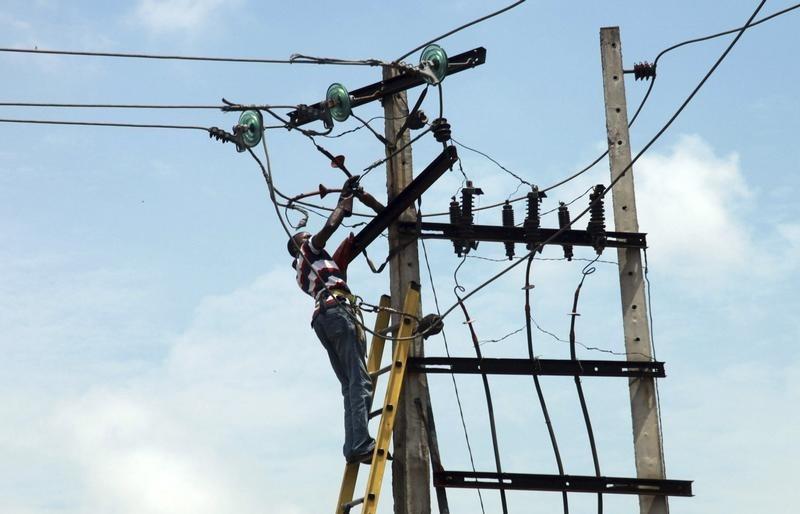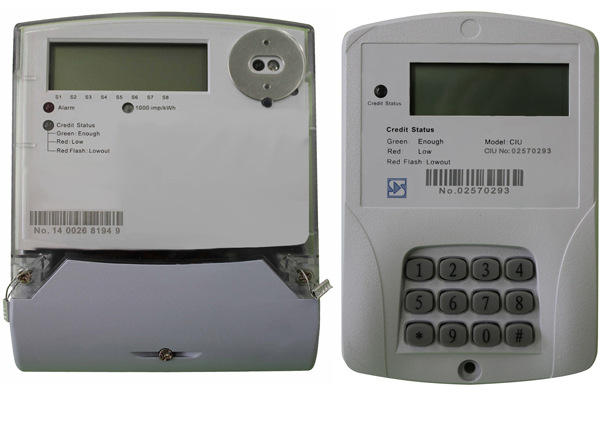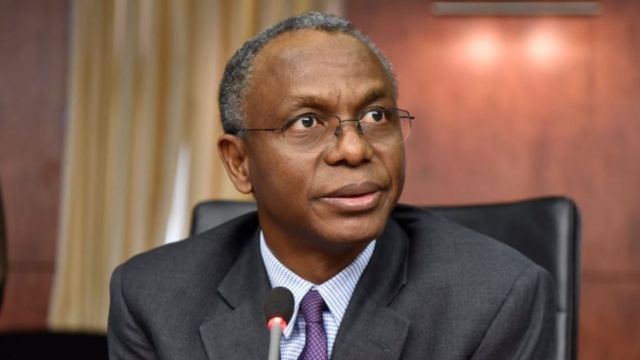
Electricity Tariff Hike Will Push Cost Above 40%, MAN Warns
The Manufacturers Association of Nigeria (MAN), has charged the nation’s economic managers on the need to attract significant investment to encourage large scale generation and significant improvement in transmission and distribution of power supply in the country.
MAN noted that electricity remains a vital input for manufacturing process to the extent that it constitutes up to 40 percent of its cost of production, warning that any increment in tariff will lead to a further rise in production costs.
Such costs will inevitably be passed on to consumers, with attendant ripple effect in the economy.
MAN equally warned that increasing electricity tariff will have a drastic negative effect on the Gross National Product (GNP); Gross Domestic Product (GDP), disposable income, consumption, consumer price index, employment, government revenue from corporate taxation, among others.
MAN President, Mansur Ahmed, at the yearly media luncheon, advised the Federal Government to concentrate on developing processes and policies to address the nation’s power needs.
He said: “It is also important for the government to ensure adequate and appropriate consultations with stakeholders in the private sector on such decisions with far-reaching implications.
“Similar to this, is the uneven pricing of this commodity across DisCos, which if not corrected, will lead to uneven development in certain parts of Nigeria, as the percentage increase in tariff differs. A reduction in electricity tariff for industrial purpose is more ideal, but even if it cannot be reduced, it should be not be increased; any increase on the tariff will reinforce the already high-cost manufacturing environment and further depress productivity in the sector.”
He noted that 2019 was quite eventful for manufacturers owing to the dire need for engagement with the government on policy decisions with the potential of having a far-reaching impact on the manufacturing sector.



